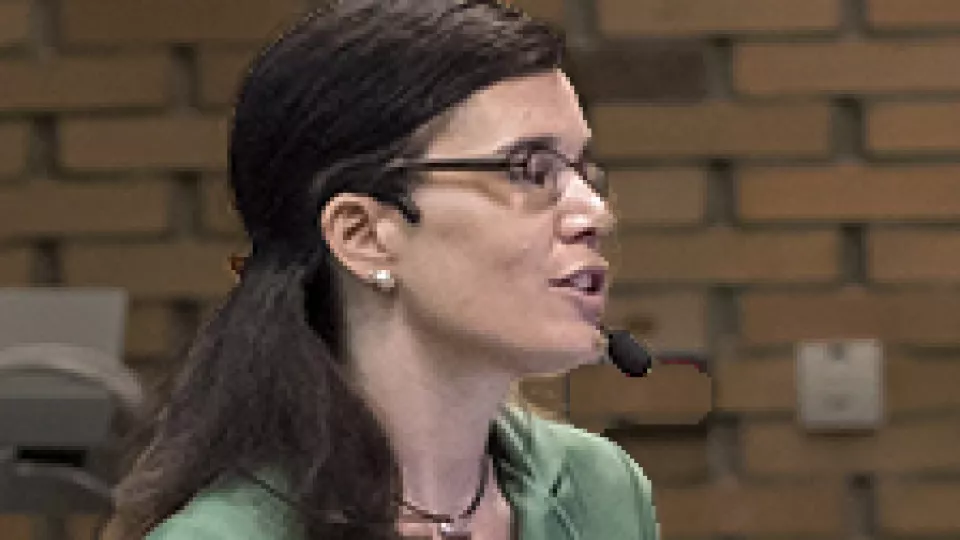Christine Wamsler has been appointed Professor of Sustainability Science to continue driving forward LUCSUS’ work on urban sustainability, risk reduction and adaptation. How do you build sustainable cities? How can cities respond to increasing disasters and climate change impacts? Who should be involved and how?
- The questions are many, and all have one common factor: the answers cannot be found within one single scientific discipline, the connections are complex and the problems rarely have simple solutions. New approaches are needed that challenge traditional approaches to environmental and urban planning and the role of researchers in this process, says Christine. Accordingly, her research brings natural and social sciences, disciplines and practitioners together to forge transdisciplinary and knowledge co-production that have progressed urban agendas. Many international and national policy documents make reference to her work, published or commissioned by actors such as the Intergovernmental Panel on Climate Change (IPCC), UN-HABITAT, UNISDR, the ProVention Consortium, and different Ministries. Her close work with city authorities and other local actors has led to new theory development and methods that support a deeper understanding of cities as systems, how intrinsic factors make them hotspots of disaster and climate risk, and how more distributed risk governance through city-citizen partnerships, integrated risk reduction and adaptation planning, and its mainstreaming at different policy levels can support urban transformation. Margareta Wahlström, former United Nations Special Representative of the Secretary-General for Disaster Risk Reduction, has praised Christine’s work as a key resource which bridges the gap between theory, rhetoric and the daily efforts to manage disasters and reduce risk in urban areas worldwide. In addition, Christine’s more recent work on mindfulness is advancing a new field in sustainability science that deals with the role of inner transition for global sustainability. – It is important to address sustainability not only as a scientific or political problem, but also as a matter of individual choice, with profound spiritual linkages and significance, says Christine.
We congratulate Christine Wamsler to her new appointment and her important work at LUCSUS.
